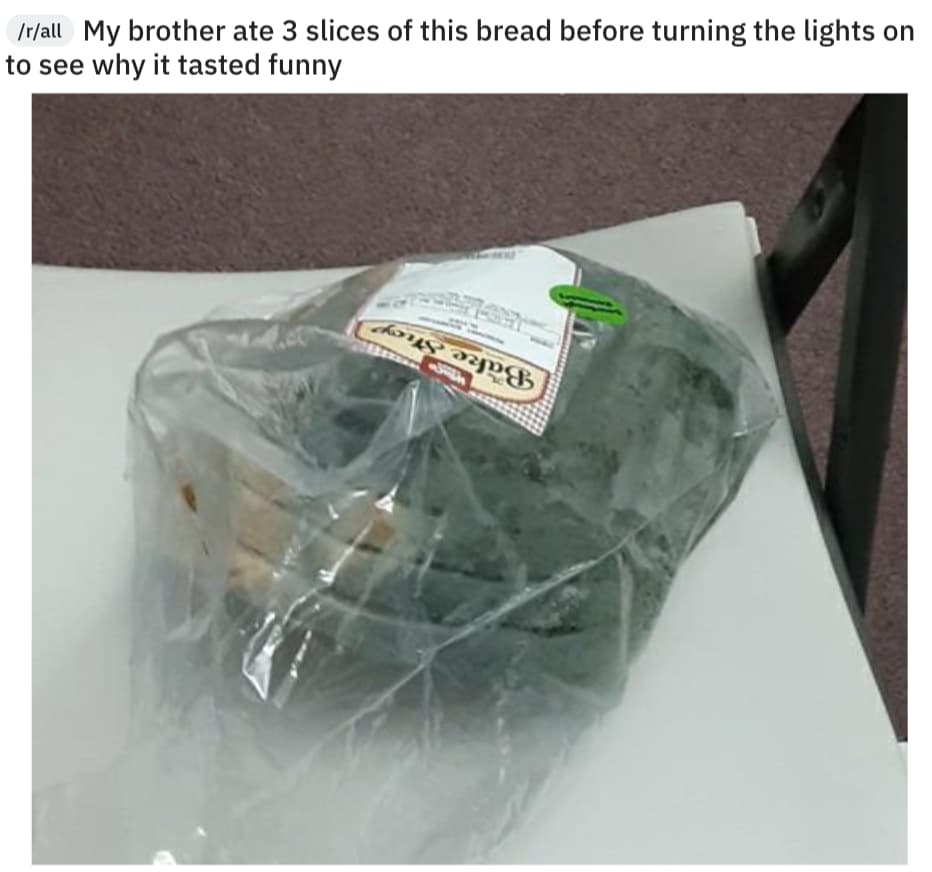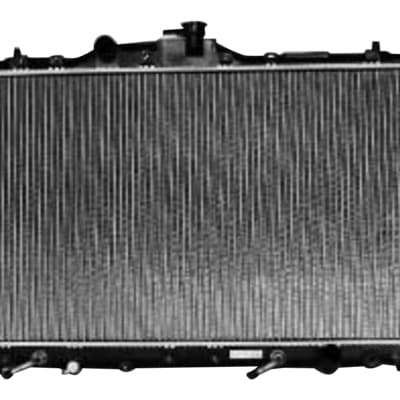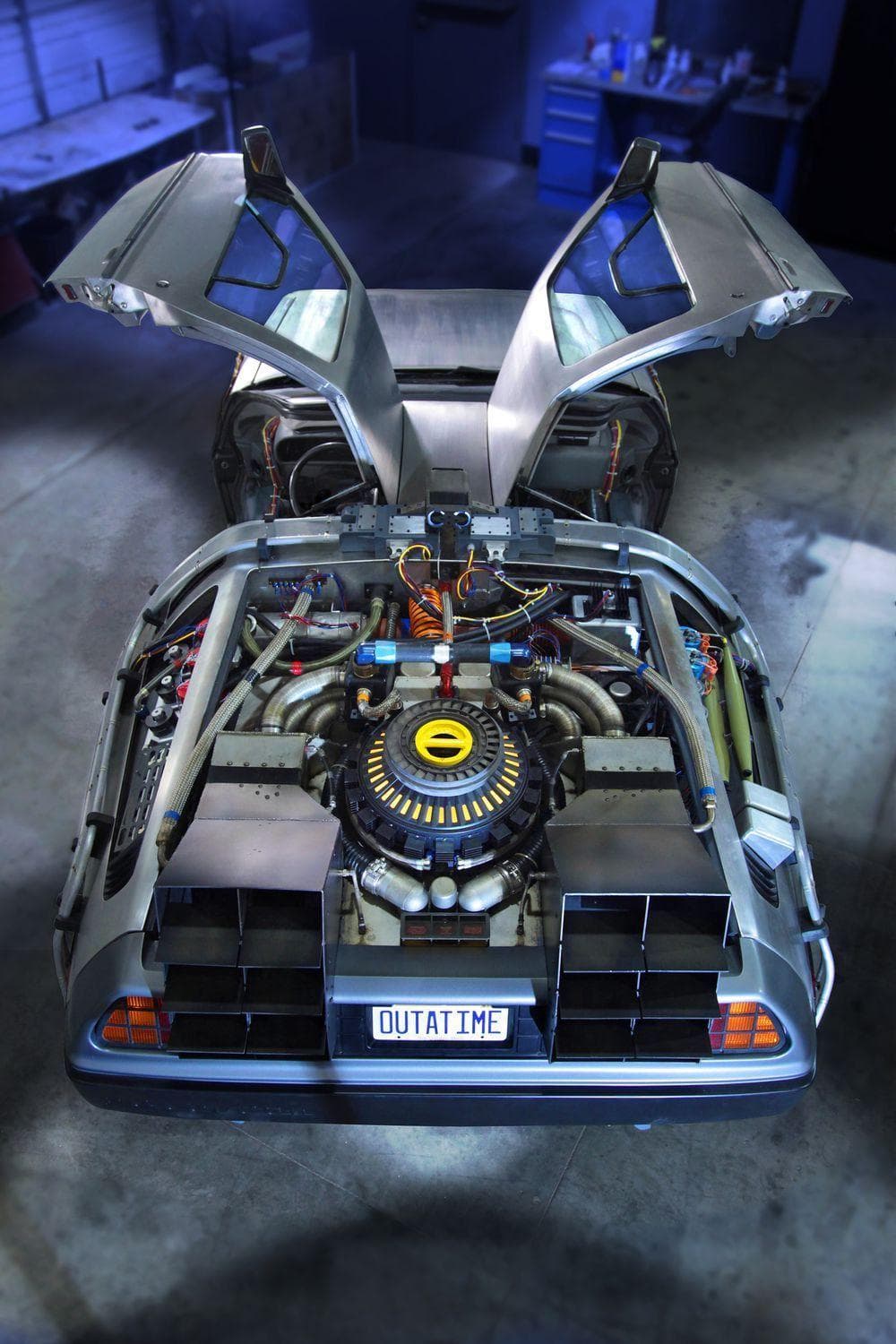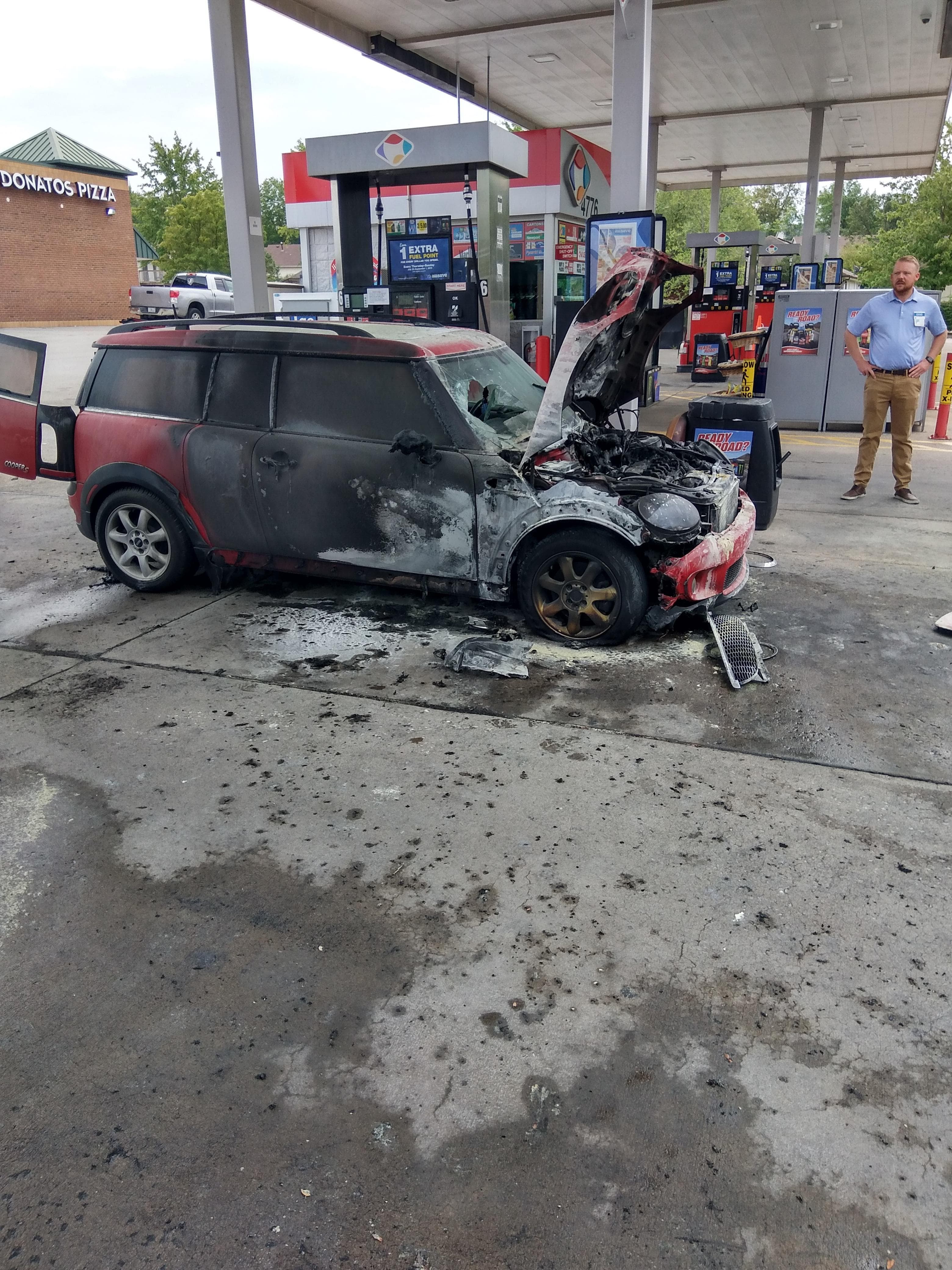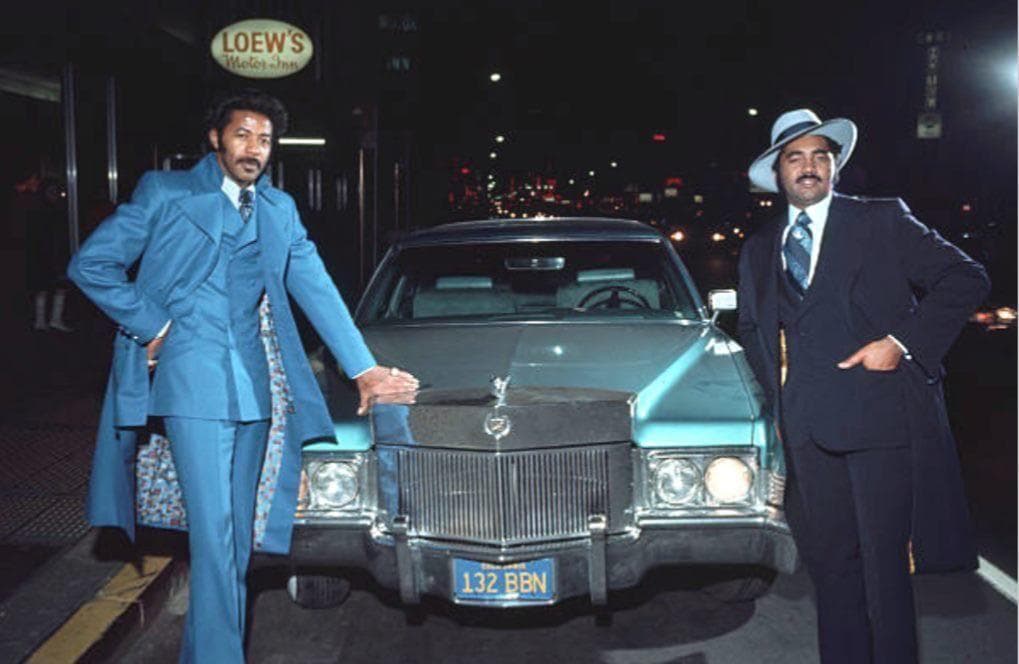-
(#1) Thoroughly Inspect The Engine
Checking the engine is one of the most important aspects of buying a used car - simply because engine repair can get so expensive. Prior to purchase, a used car should be inspected by a qualified mechanic. A potential buyer will not be able to detect every possible engine issue with just a test drive.
A qualified mechanic will check for several different factors when evaluating an engine. They will look under the hood for engine and coolant leaks, poor maintenance, oil under the cap, and dirty oil; they can check hoses and belts, look for greenish stains on the radiator, and load-test the battery.
-
(#2) Bring A Mechanic In For An Inspection
Even if you're a car-savvy individual, it is still recommended that you bring any used vehicle in for a third party inspection before purchasing. It might run you a couple of hundred bucks, but the peace of mind will be worth the extra cost. If there are issues, a lower price can be negotiated.
An inspection should be done by a professional mechanic, preferably one you know and trust. It should feature a thorough test drive. The written report should include tire wear, brake pad conditions, issues with the frame and engine, electrical issues, problems with previous repair work, and any other possible problems with the vehicle, including fluid leaks, rust spots, and weird odors.
-
(#3) Look Over The Car In Daylight
This should seem pretty obvious. A potential buyer should only look at a vehicle during the day. Before purchase, a buyer needs to do a complete visual inspection of the car. Broad daylight will help a buyer inspect a used car for any possible exterior issues with things like tires, glass, suspension, lights, rust, dents, or scratches.
Even if a car lot is well-lit at night, it will still not give a potential buyer the adequate light to perform a full inspection.
-
(#4) Understand That Window Sticker
If you were to actually take a good look at the window sticker on a used car, you would notice several added charges a car dealer uses to inflate the selling price. For example, if you see "ADM" on a window sticker, it stands for "Adjusted Dealer Markup." A dealer can easily add hundreds of dollars, or more, to the value of a car with this price increase.
A window sticker will also give potential buyers the important basics. It will detail things like warranty information, standard/optional equipment, model information, price, fuel economy, and safety ratings. You should always ask the dealer about every add-on detailed on the sticker. If they can't adequately explain the additional cost, it's time to shop elsewhere.
-
(#5) Research Models To See Which Are Reliable
Some makes and models of cars are simply more reliable than others. With just a little bit of internet research, a buyer can easily gather several important pieces of information. The proper first step would be to check out J.D. Power, a site dedicated to measuring the reliability of used cars using, among other things, reviews from verified owners.
Internet forums consisting of buyers who have purchased one vehicle or another are another option for potential buyers.
-
(#6) Request Repair Records
If you purchase a used car from a dealer, you can request a vehicle history report. Companies like CarFax and AutoCheck provide full records, which include maintenance reports, the number of prior owners, registration history, whether or not the car has ever been in a wreck, remaining warranty coverage, mileage rollback, flood/hail damage, and recalls.
Usually, honest sellers will purchase the report to show they are not trying to hide anything. However, if they will not pay for a full report, a potential buyer should spring the $30 or so. It will be worth it in the end.
-
(#7) Check Out The Car When It's Cold
The best way to check the status of an engine is to start the vehicle when it's cold. This will also help determine whether or not the battery is in good shape.
If there are loud noises once the car is started, or you see bluish smoke emitting from the exhaust, the engine may be defective.
-
(#8) Look Up The VIN
A VIN (Vehicle Identification Number) is a 17-digit identification number assigned to every car. Before purchasing a used vehicle, it is recommended that a potential buyer perform a free VIN search from the National Highway Traffic Safety Administration.
The VIN provides a lot of information about a car, including model, year, and engine size. Perhaps most importantly, it can let a buyer know if there are any recalls for the vehicle.
-
(#9) Take Your Time
Purchasing a used car is a big deal. It's important to take your time and do adequate research. Shop around, make sure you're getting the best deal possible.
If you have all the facts regarding your potential purchase, it will help when it comes to negotiating as well.
-
(#10) Take The Car For A Test Drive
Your mechanic should be taking the car out for a test drive already, but every potential buyer should still test drive the vehicle themselves - just to make sure it's running smoothly. It's recommended you bring a friend or family member along.
You need to see if you like the way the car handles. Are the seats comfortable? How's the stereo system? Is there enough legroom in the back if needed? Is the car too big or too small for you?
Are there any weird noises coming from the engine? Are there bad odors when the car is running? Do the air conditioner and heater work?
-
(#11) Examine The Car For Leaks
It is imperative to check under the vehicle to see if there are any leaks. Different colored fluid leaks indicate different problems. For example, if the fluid is red, it usually means the leak is coming from the transmission. If the fluid is black, it's probably motor oil or brake fluid.
If you smell gas, that's a big red flag. The car could potentially be dangerous to drive.
-
(#12) Pop The Trunk
Checking to make sure the trunk works well on a vehicle may not seem as important as looking over the engine, but it should not be overlooked. Make sure you can open and close the trunk without an issue.
Check for any water damage or rust. Are there holes or cracks? Does the trunk safely close all the way? The same inspection should also be done with all of the car's doors.
-
(#13) Check The Odometer
The dashboard odometer will let you know exactly how many miles have been put on a particular vehicle. It's important to note that just because a car has low mileage, it does not automatically mean it's in good condition. If a car is 15 years old and only has 50,000 miles, it's still an old car.
Unfortunately, there are ways for a seller to roll back an odometer, which is against the law. That's why it's important to get a full history report. If the amount of wear and tear on a vehicle doesn't match the number on the odometer, that should be cause for concern.
-
(#14) Always Ask To See The Title
The title is a legal document that proves ownership of a vehicle. It is absolutely imperative to make sure a seller, whether private or a dealership, has immediate access to the title.
Do not under any circumstances accept a seller claiming they will mail you the title. In some states, even after a sale takes place, if a buyer does not actively possess the title, the car is not legally theirs.
New Random Displays Display All By Ranking
About This Tool
The second-hand car transaction is already a very large market. For small budgets and some new drivers, used cars are indeed a good choice. Do you know what should be noticed when choosing the right used car? How can you ensure that the used car is worth the money? Everyone should look and listen carefully when driving a used car before purchasing.
This random tool generates 14 items, including some important tips for people who want to buy a used car. You should not miss the information about the tips here. Welcome to leave a message and share your thoughts.
Our data comes from Ranker, If you want to participate in the ranking of items displayed on this page, please click here.

